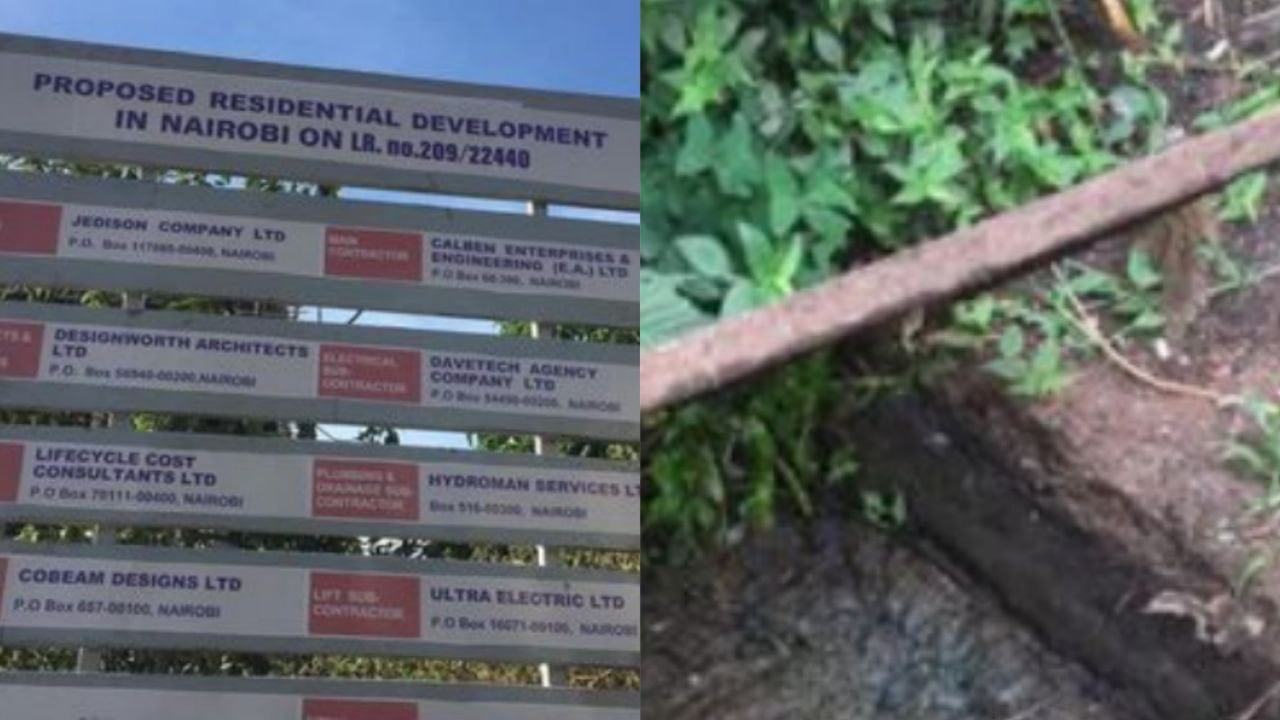The European Union has raised red flags over Kenya’s readiness for the 2027 General Election, citing dangerous delays in crucial reforms at the Independent Electoral and Boundaries Commission (IEBC).
In a no-holds-barred report, the EU warns that political interference, budget shortfalls, and weak planning could derail the entire electoral process.
As public trust in the IEBC collapses, fears are growing that the next election will be marred by chaos, fraud, and violence. With just two years to go, time is running out—and the spotlight is firmly on President William Ruto’s administration to act now.

EU Doubts IEBC Preparedness for 2027 Elections Amid Mounting Concerns
The final report by the European Union Election Follow-up Mission (EU EFM) to Kenya paints a bleak picture of the IEBC’s capacity to deliver a free and fair election in 2027. The report accuses the government of dragging its feet on critical reforms and failing to shield the Commission from political manipulation.
According to the EU, most of the stakeholders it interviewed expressed deep doubts about the IEBC’s independence. Many fear that the new team, led by Chairperson Erastus Ethekon, may not be strong enough to resist political pressure or operate transparently.
The public perception is even worse. The EU report states that most Kenyans see the IEBC as weak, compromised, and vulnerable to interference from the political elite. This is not just a public relations issue—it’s a national security threat in a country where disputed elections have often led to deadly violence.
The credibility of the IEBC is already in question after the bitter 2022 General Election. Although former Chairperson Wafula Chebukati declared William Ruto as President-elect, the chaotic scenes at Bomas of Kenya and the deep divisions within the Commission left scars that have not yet healed.
Delays in Appointments and Strategic Planning
The EU flagged the late appointment of IEBC commissioners as a major setback. Despite eventually naming new officials, the long delay has had ripple effects on electoral preparations.
As it stands, the IEBC is still behind on several urgent tasks. These include:
- Nine overdue by-elections—five for parliamentary seats and four for county wards.
- Voter registration, which remains suspended.
- Constituency boundary reviews, which should have started already.
- A strategic plan that’s still missing, with no clear roadmap or deadlines for key electoral milestones.
Without a detailed plan in place, the IEBC risks repeating past mistakes, such as rushed timelines, inadequate training, and technical failures that have undermined previous elections.
The EU emphasized that a proper strategic plan is not optional—it is a necessity. It should outline not only what needs to be done, but also when and how it will be executed, with clear responsibilities assigned.
Underfunding Threatens Fair Polls as EU Doubts IEBC Preparedness
The EU also warned that Kenya is setting itself up for failure by underfunding the electoral body. The IEBC requested Ksh 61 billion (about EUR 435 million) to prepare and conduct the 2027 elections. However, the government has only committed Ksh 55 billion (EUR 390 million), to be disbursed over five years.
This funding gap could cripple essential activities like voter education, procurement of election materials, training of staff, and management of polling logistics. Already, the Commission is seeking donor support to cover some of these gaps.
But relying on development partners for core election functions raises questions about sovereignty and long-term sustainability. If Kenya cannot fund its own elections adequately, it risks both logistical failure and external influence.
These concerns are not theoretical. In the last elections, logistical hiccups and poorly trained polling clerks caused delays in results transmission, sparking mistrust and even violence in some areas. The same conditions could repeat—on a much larger scale—in 2027.
Public Trust at All-Time Low
A recent report by Trends and Insights for Africa (TIFA) underlines just how fragile the situation is. According to the May 2025 survey, half of all Kenyans say they have no confidence at all in the IEBC’s ability to oversee a fair 2027 election.
The reasons are clear: political interference, corruption within the electoral body, and lack of transparency. Another 18 per cent of respondents cited insecurity, unwillingness of leaders to concede defeat, rigging history, and inadequate preparation time as key threats.
This trust deficit is dangerous. Elections are the foundation of any democracy. If the public believes the outcome is already rigged, then the risk of violence and political instability rises sharply.
What Must Be Done
The EU’s report is not just a critique—it is a call to action. Kenya still has a window of opportunity to fix the IEBC, but that window is closing fast.
President Ruto must move swiftly to:
- Strengthen the IEBC’s legal and operational independence
- Approve and fully fund a detailed strategic plan
- Insulate the Commission from political interference
- Launch timely and transparent voter registration and education campaigns
Failing to act now will only worsen the public’s loss of faith in the electoral system—and set the stage for another disputed election in 2027.











































